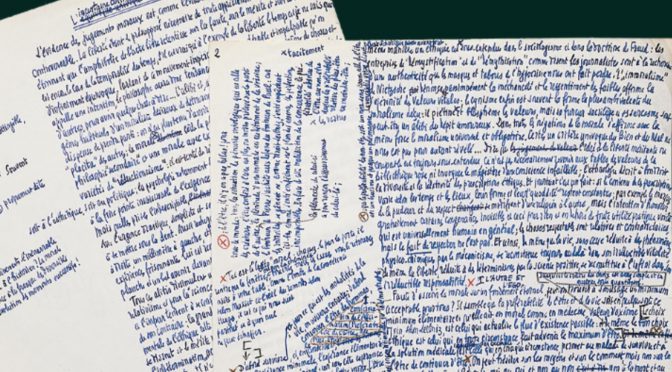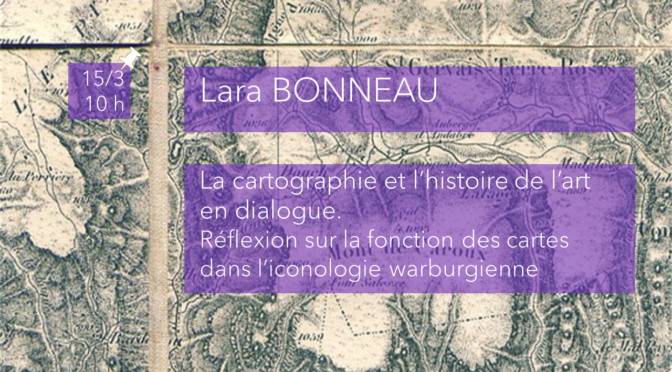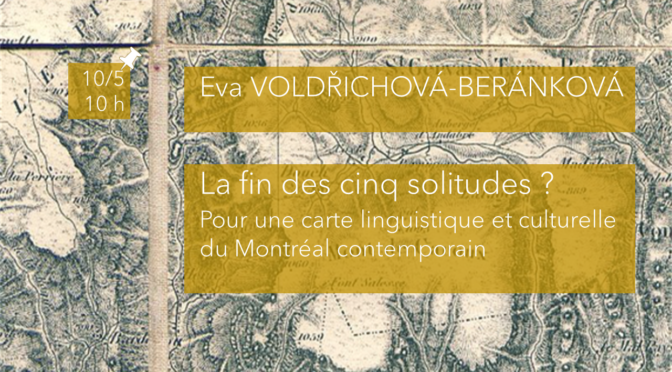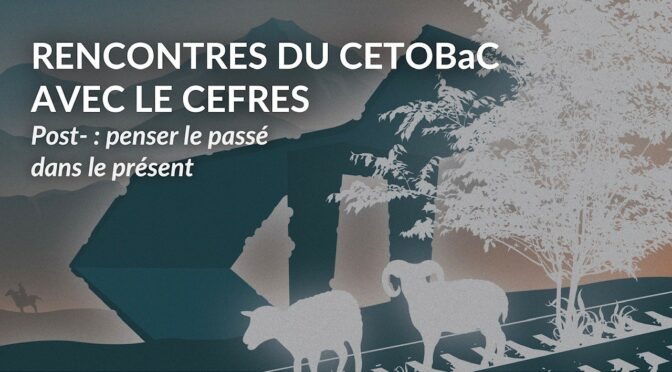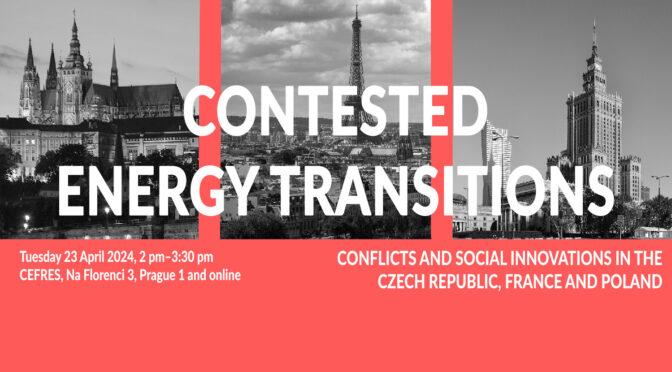Archives stories: Writing thinkers and their archives
The conference aims at fostering a collective reflection about methodologies and digital tools that could enable us to better perceive, beyond and through the manuscripts, the intellectual figures and their transcultural trajectories, the stories and their roots in cultural contexts, the networks and the collective practices they have been grounded in. Besides giving a different image of the history of ideas, such approach could also produce more intuitive narrations, enabling these materials to reach – thanks to their digital representation – a broader public and a non-scholar audience. The event will gather all the major actors of the network « AITIA – Archives of International Theory, an Intercultural Approach ».
Date: December 12, 2024, from 9:30 a.m.
Location: CEFRES, Na Florenci 3, Prague, and online
Language: English
Provisional program
MANUSCRIPTS
Morning: Writing Thinkers
Jan Frei, Jan Patocka Archives, Prague
Julia Jensen and Emanuele Caminada, Husserl Archives Lewen
Ladislav Hejdanek Archives*, Prague
Benedetta Zaccarello, ITEM (CNRS/ENS) (on dialogues in philosophical manuscripts)
Afternoon: Displaying Literature
Museum of Literature (ML PNP) Prague*
Archives et Musée de la Littérature*, Brussels
The School for Cultural Texts and Records*, Jadavpur University Kolkata (on Tagore’s digitalarchive “Bichitra”) (will be held online)
Mateusz Chmurski, director at CEFRES (CNRS/MEAE), Prague (on a facsimile edition)
Round table: “interpreting and (digitally) archiving intellectual manuscripts”, a dialogue with Alois Pichler*, Wittgenstein Archives at the Bergen University, followed by a round table on the topic.
Conference dinner
ARCHIVES
Morning: Archiving Research
Lucie Merhautová and Milan Hanis, on the collections at “The Masaryk Institute and Archives of the CAS”
Sylvie Archaimbault, Eur’ORBEM (CNRS/Sorbonne Nouvelle), on « Numerislav » digital archive
Nirmalya Chakraborty (Professor of Philosophy, Rabindra Bharati University, Kolkata) and Madhucchanda Sen (head of Philosophy Department, Jadavpur University Kolkata), on Darshan Manisha Digital Library (Sanskrit Philosophy) (will be held online)
Daniel Raveh, Professor of Indian and Comparative Philosophy, Tel Aviv University, on Daya Krishna digital archive online
Afternoon: when research shapes the archives
Emmylou Haffner* and Christophe Eckes* (ITEM, CNRS/ENS), on Banana ANR project, digital archives of “Nicolas Bourbaki” (mathematics collective manuscripts) (will be held online)
Venkat Srinivasan*, National Centre for Biological Sciences Archives, on the making of NCBS archives and collections (will be held online)
Institut Français de Pondichéry*, CNRS/MEAE, on the making of their own archives (Indology, Ecology, Indian Traditional Medicines) and the history of their French-Indian institution (will be held online)
Round table: Archives on the make, the making of archives – a dialogue with Laetitia Zecchini* (THAMIL, PI IRN Postcolonial Print Cultures), on the Pen India archives, followed by a round table on the topic.

